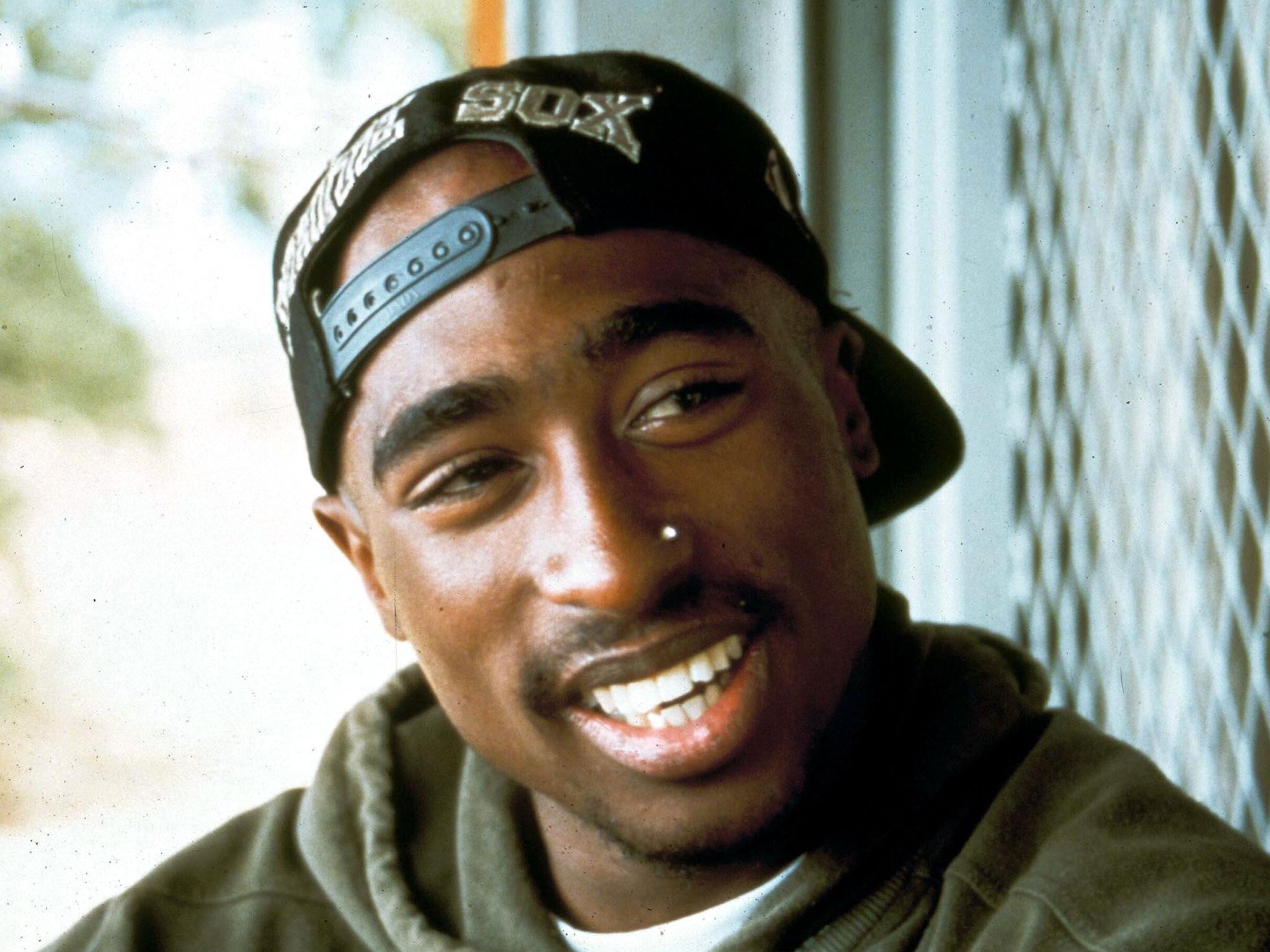How to Slowly Kill Yourself and Others in America by Kiese Laymon, book review
Laymon's collection of essays explores the "black experience" with odes to black American heroes, dirges and ballads to family members past and present, and the occasional skit

While working on his first novel, Kiese Laymon was told by a publisher that it would not sell because the audience he was writing for – young black males in the South – did not read. In a satisfying turn of events, Long Division, which told the story of a teenage boy living in Post-Katrina Mississippi who travels through time in a battle against racism, was a critical success upon its release in 2013.
This follow-up, How to Slowly Kill Yourself and Others in America is a collection of essays that explore the "black experience". Due to the paradoxes in attitudes to race, this is endlessly intriguing subject matter. On one level, skin colour is, by definition, superficial. But on another it is the basis for centuries of abuse that continues today. We are all the same, yet very different.
Laymon approached How to Slowly Kill as an album, with each essay a different track. The book contains odes to black American heroes, dirges and ballads to family members past and present, and the occasional skit. At its core beats the rat-a-tat-tat that knocks at the core of modern America: the shameful, insidious racism endured by the hyphenated African-American population. Occasionally, from the treatment of Rosa Parks to the killing of Trayvon Martin, the banging becomes so loud it drowns out all else.
The first third of the book sets this beat. It is its most powerful section. Slow and measured, it examines the corrosive effect of knowing that your life, a black life, is a life lived in deficit; a life on parole. For Laymon, the black American experience is haunted by the constant spectre of death. But what this book really does brilliantly is elucidate the depreciated nature of a life lived as a black American.
The reader is guided through "the awkward acceptance that we are neither African... nor conventionally American". The humiliation of being pulled out of a car by a policeman on the side of a highway as other cars, full of peers you were just at the same concert with, roll by and look on. The knowing that half the boys in your seventh-grade class died before reaching 35. And the rules that dictate your existence: that you mustn't wear black hoodies in certain neighbourhoods, must have your hands in plain sight at all times when in public, mustn't go jogging at night, must always stick to the speed limit, and must never have an intimate relationship with a white woman.
In the latter pages, Laymon pays homage to his heroes from American culture and recounts his personal struggle to get published as a black writer. One chapter explains the importance of Michael Jackson, Bernie Mac and Tupac Shakur. All black and all, prematurely, dead. Laymon quotes Tupac: "What you lookin' all sad for? Nigga, you black. Smile for me now". Yet, How to Slowly Kill rarely smiles. It is written from a thoroughly pessimistic place. There are few glimmers of beauty or celebration in Laymon's account of everyday black life.
But maybe this is the point. Obvious comparison can be drawn with Ta-Nehisi Coates, an author of the same generation who broke through in the UK with the personal account of being a black American that followed his debut novel.
In its task of telling it how it is, How to Slowly Kill never relents. Despite the bludgeoning Laymon endures from start to finish, he and his book remain, at the end, standing firmly on their two feet, undefeated, alive.
Bloomsbury, £14.99. Order at £12.99 inc. p&p from the Independent Bookshop
Join our commenting forum
Join thought-provoking conversations, follow other Independent readers and see their replies
Comments
Bookmark popover
Removed from bookmarks